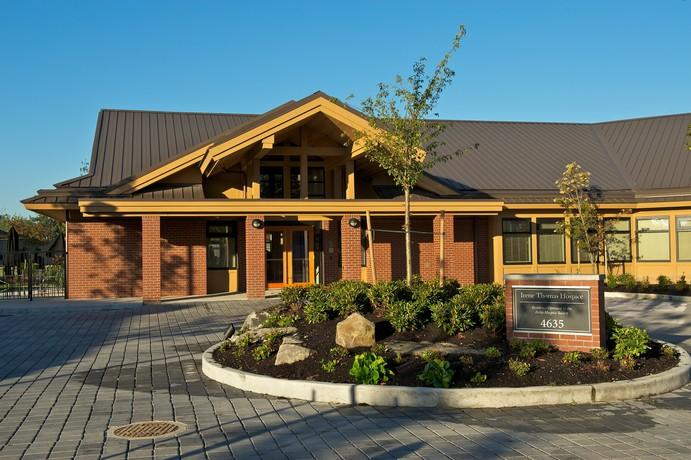Having lost its 10-bed hospice due to B.C. government regulations, the Delta Hospice Society (DHS) will soon face what it expects to be a fierce confrontation at its annual general meeting as it attempts to adopt an explicit anti-euthanasia stance on its way to building a new private facility.
“This AGM is the ultimate showdown between our members for control of the Delta Hospice Society,” DHS president Angelina Ireland told The Epoch Times.





